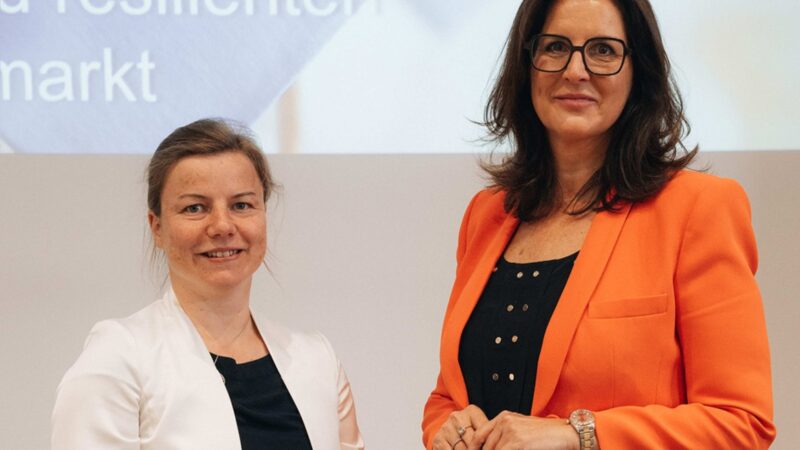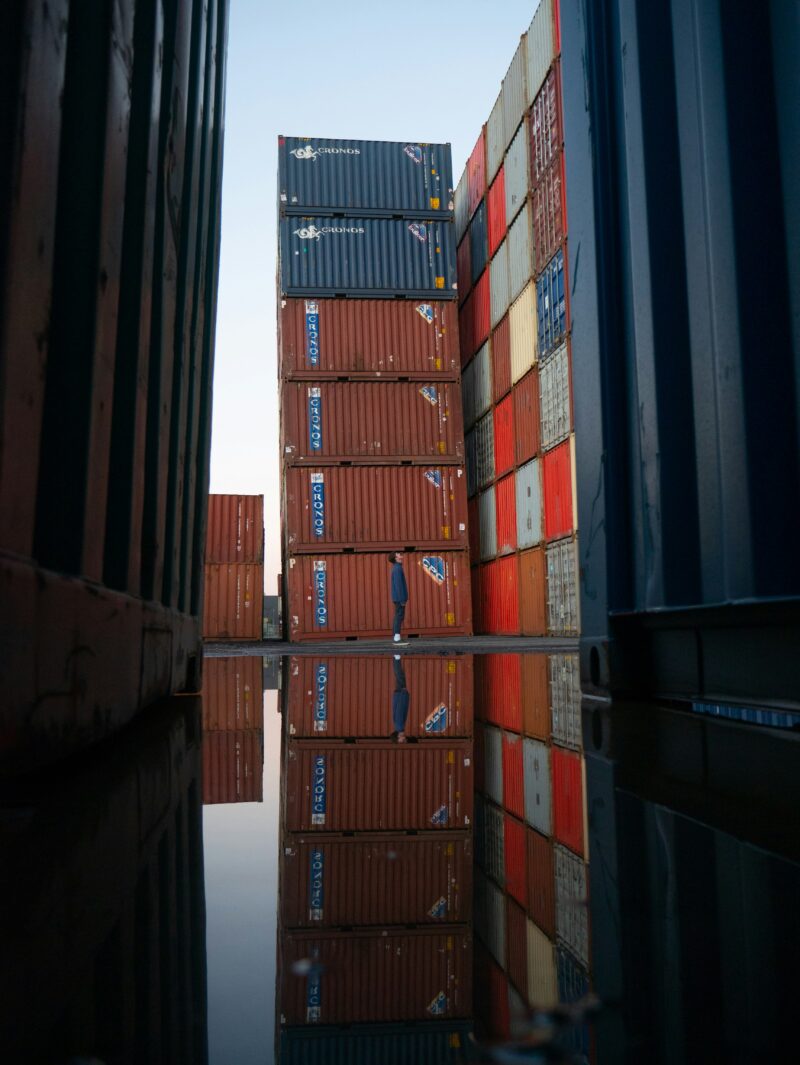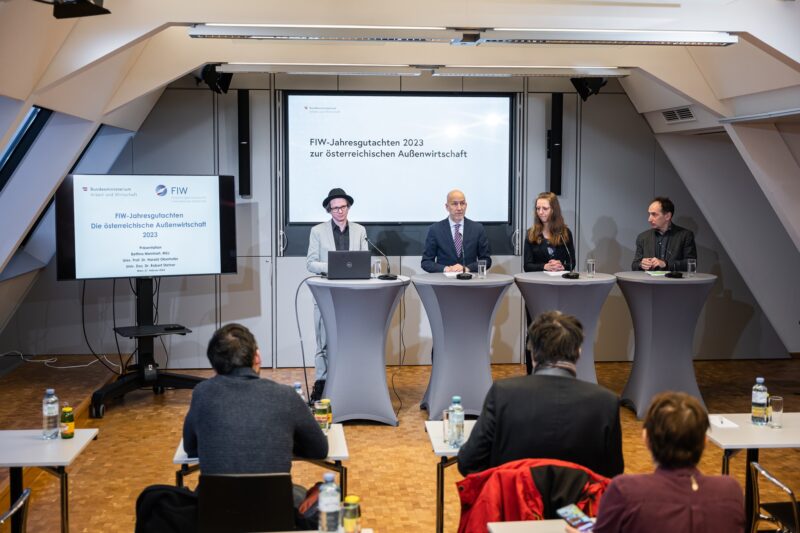
The Economic Damage of Decoupling in Germany
The study calculated scenarios for both Germany as a whole and for its 400 individual districts. It was conducted by Gabriel Felbermayr, Director of the Austrian Institute of Economic Research (WIFO), together with Oliver Krebs.
According to the authors, large family businesses would be particularly affected. In their case, the benefits of the international distribution of labour far outweigh the negative impact of interrupted supply chains or closed sales markets.
As such, Felbermayr recommends that legislators approach the issue of decoupling with great caution. It is crucial that the German economy be given time to adjust. Furthermore, he recommends that regional policy should soften negative effects – through public investment, promotion of the local labour market or measures to attract businesses to the region. This would particularly help family businesses, which are especially at risk due to their distribution across sectors and regions (clusters). For them, the loss of value creation due to decoupling is often two to three times greater than the average.
Further information and the full study are available here.





















